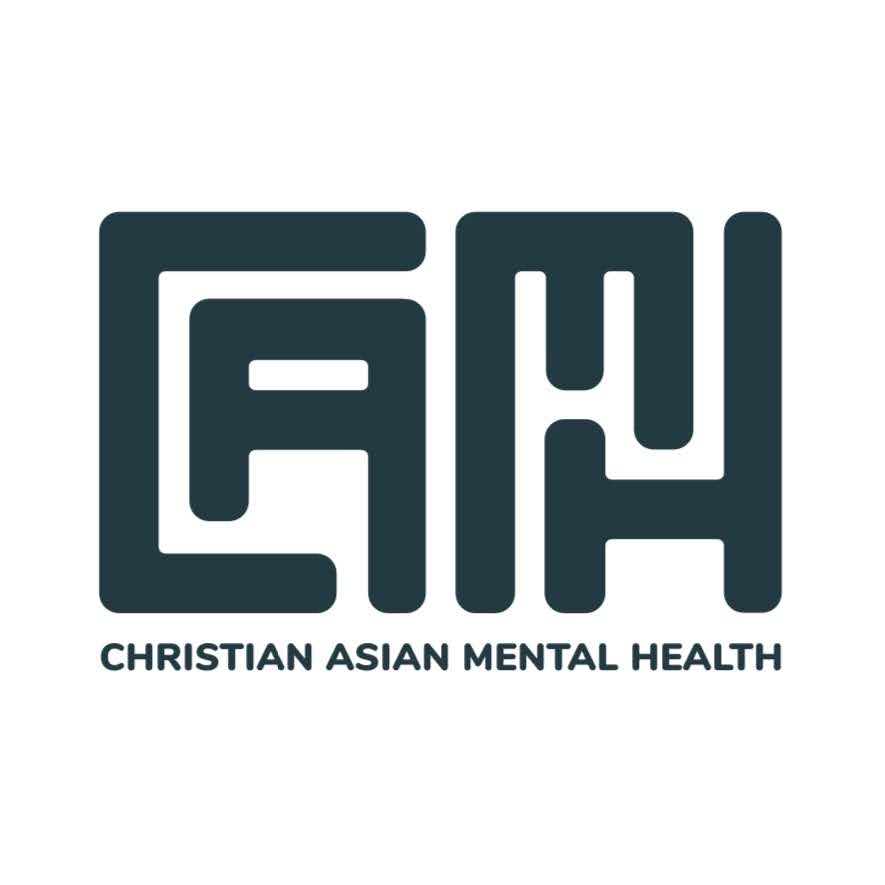Facilitating and hosting support groups provide care, belonging, and community in very personal and relational ways. Mental Health America has noted that “Research and experience show that peer support specialists have a transformative effect on both individuals and systems.“
Here is a curated list of published resources, workbooks, and curriculums with content and structure that help support group meetings be productive and fruitful. This list serves as a reference and starting point, and we will keep this updated with your help—please add other resources by contacting us.
Christian Mental Health Support Group Resources
Mental Health Grace Alliance (MHGA) published GRACE workbooks, which are topical curriculums to help participants explore the mental health journey (lived experience, family/marriage, and student options). MHGA has established one of the largest Christian mental health small group networks worldwide, with over 900 groups and thousands involved in 25 countries. (available in English and Spanish)
The Sanctuary Course® (Sanctuary Mental Health Ministries) is a free study guide for small groups, designed to raise awareness and start conversations in local churches regarding mental health. It requires no previous training or expertise—just a willingness to engage in dialogue with other believers. This course and films address difficult and sensitive topics, and may not be appropriate for a young audience. It is not recommended for people ages 17 and younger.
Fresh Hope® has a Fresh Hope Group Starter Membership Kit with training for up to 4 facilitators, that requires 8-10 hours to complete.
The Anxiety Opportunity Course (by Curtis Chang) is a 7-session series that presents a surprising Gospel truth: that anxiety is a powerful opportunity to grow as followers of Jesus; learn how to encounter Jesus through your anxiety with the help of Scripture, physical practices, nature, prayer, and new self-understandings.
Trauma Healing Group app – “Lead small groups from your phone.” 6-week long curriculum: Bible-based infused with basic mental health principles
Trauma Healing Basics – Group Discussion Guide – “An easy-to-use resource that helps you move toward healing through safe discussion in small groups.”
Gateway to Hope’s Support Group Training
Get trained in HHCI’s curriculum and guided in launching and nurturing your own group, specifically a Minds Transformed, Families Transformed, or Hearts Transformed group.
Anchor International offers 4 different group curricula. Before launching an Anchor Group, facilitators are expected to successfully complete at least one of the 8-week groups and the online facilitator training program (5-7 hours).
Trauma REBOOT (by REBOOT Recovery) is a 12-week, faith-based, peer-led course empowering everyday people to overcome trauma and embrace a brighter future. REBOOT also has courses for military and first responders.
Churches That Heal (by Dr. Henry Cloud) has a small group curriculum to experience a transformational journey of spiritual growth—this comes with six video teaching sessions and a comprehensive 30-page workbook that will help participants digest the content and apply it to their life. ($349/year or $39/month)
[for churches in the UK only] Kintsugi Hope Wellbeing Groups
Personal Experience with Grace Groups
[DJ Chuang] I have facilitated 4 Living Grace groups using the Mental Health Grace Alliance workbooks and these groups have served as transformational discipleship experiences for those who have mental health challenges. Watch this video where I talked about it at a Saddleback Church mental health gathering and learn how this workbook has helped ordinary people form a community of belonging and support.
What I love about the Living Grace workbook (and other Grace group workbooks, like Family Grace and Redefine Grace) is how quickly a support group can get started. They provide online training that takes just an hour, using the workbook is self-guided, and they’ve had proven results and effectiveness that’s been published in four journals.
Other Resources
Hope for Mental Health (Saddleback Church) has a Mental Health Ministry Starter Kit and many other resources at https://hope4mentalhealth.com/act/resources
Spiritual First Aid (Humanitarian Disaster Institute at Wheaton College) – an 8-session certificate course that teaches peer-to-peer spiritual and emotional care and trauma-informed best practices.
There are also other ways to do church support groups and Christian support groups, for mental health and other topics. For example, there’s Celebrate Recovery (for hurts, habits, and hangups), GriefShare, and DivorceCare.
And churches can also provide care through lay counseling or Christian counseling programs, like Stephen Ministries, Lay Counselor Institute, Lifeline to Hope. Mental Health Coach training (Light University).

